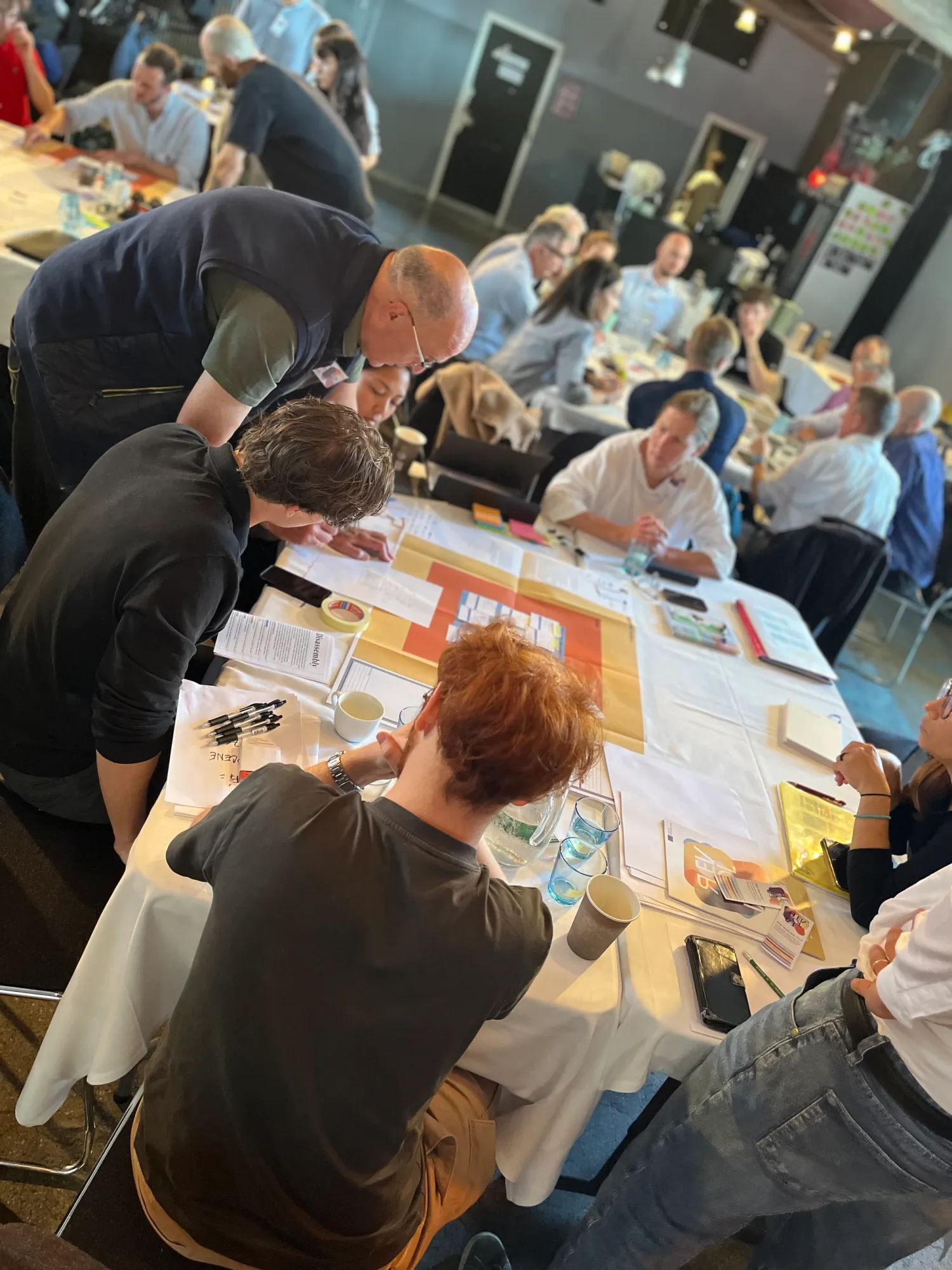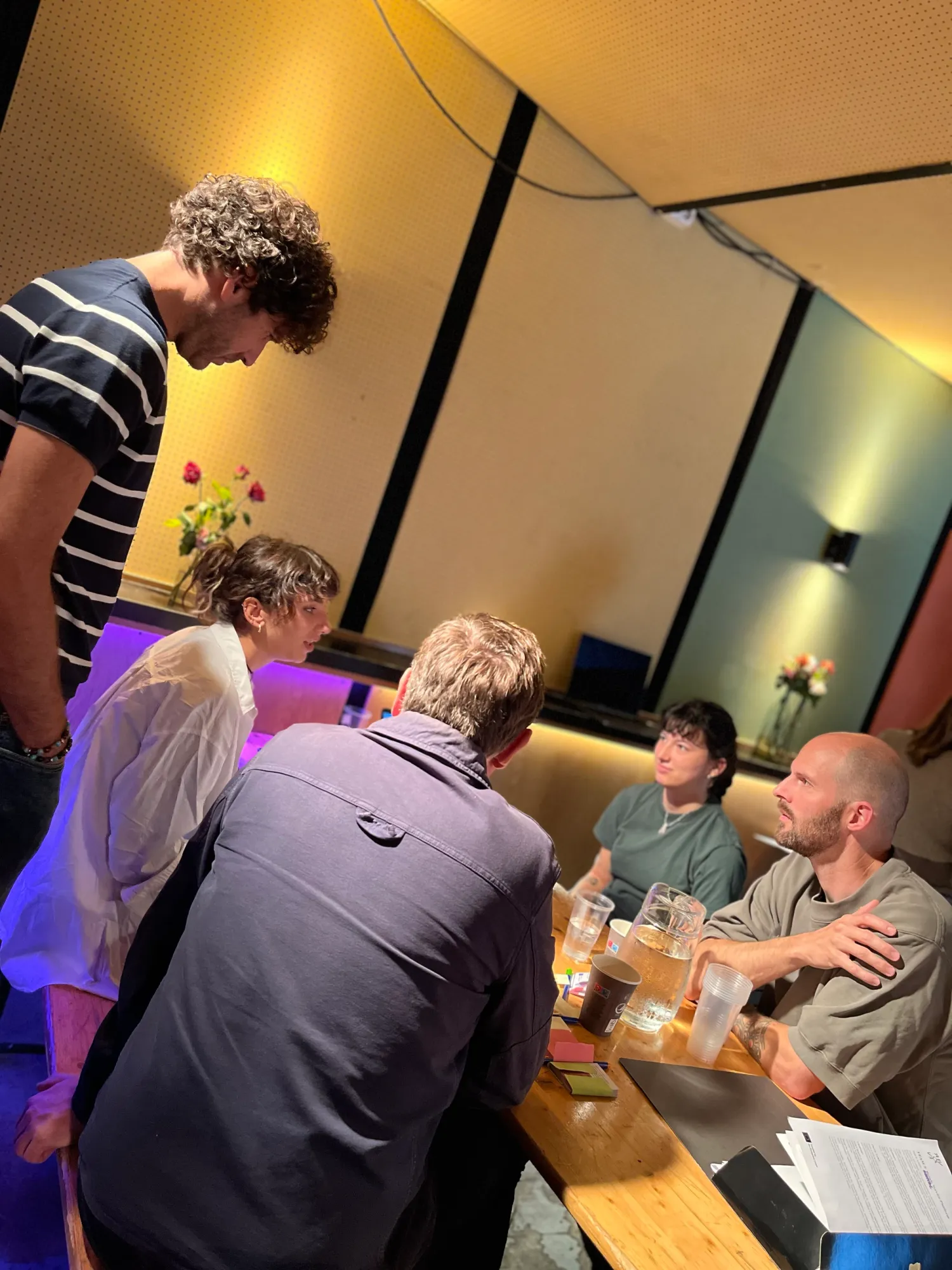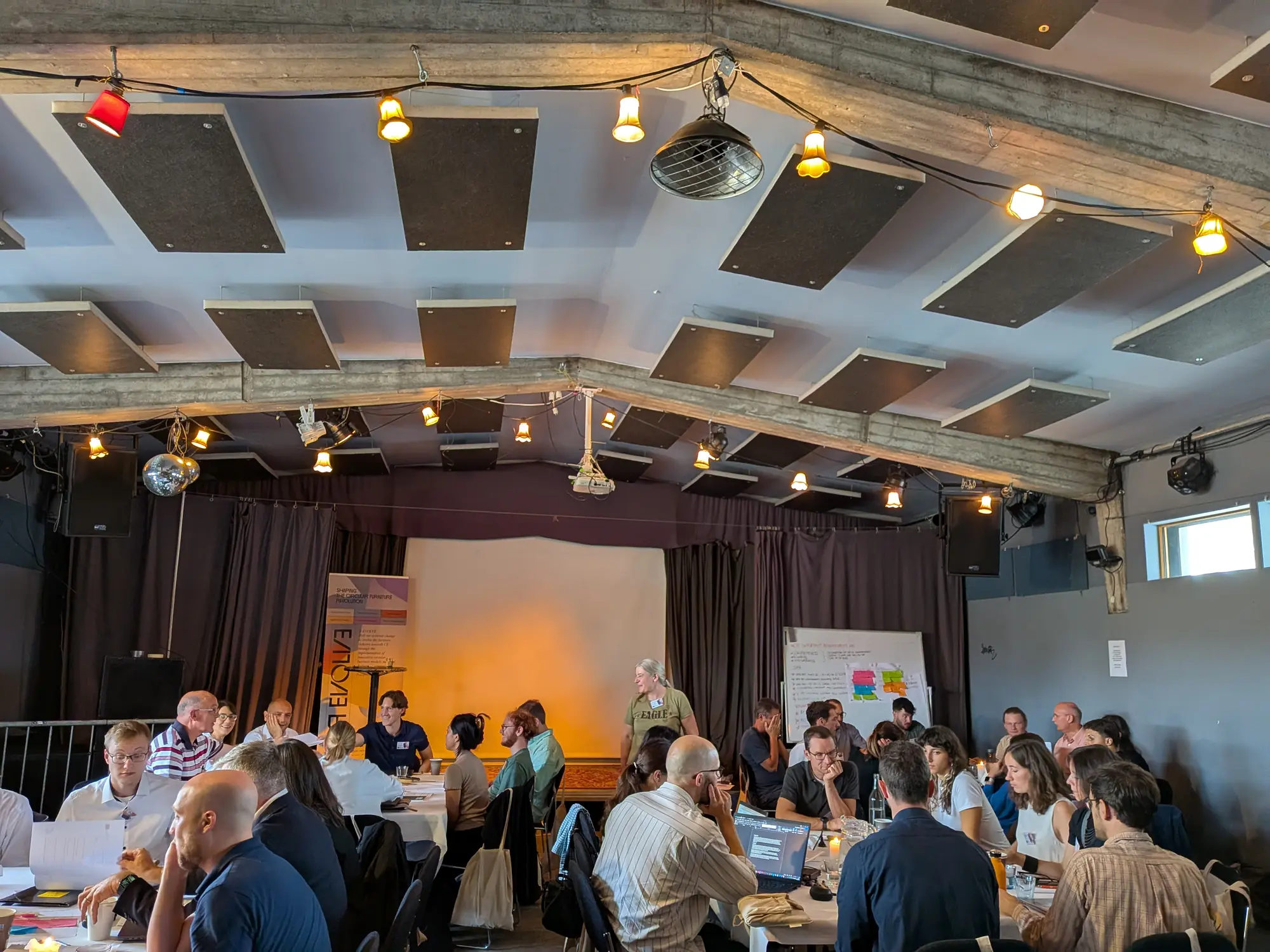The R-evolve Project
R-evolve is a project funded by the European Commission under the Horizon Europe programme, created with the goal of providing structured and integrated support to the European furniture industry. The project aims to accelerate the transition toward an industrial system based on product and process innovations driven by circularity.
These innovations include:
- business models focused on the Circular Economy (CEBM);
- circular product design;
- the use of sustainable materials;
- the implementation of the Digital Product Passport (DPP).
Nine pilot projects will involve furniture manufacturers, a retailer, a service provider, and their partners across the entire value chain, testing and implementing selected system–product innovations. Based on the results of these pilots, tailored handbooks, guidelines, and training materials will be developed to help companies improve the circularity of their products and processes.
More than 400 companies will be able to assess their circular maturity level, while 50 of them will receive direct consultancy from consortium partners to concretely introduce DPP systems, CEBM, and circular design strategies.
At the same time, a Community of Practice (CoP) will be established to promote collaboration and knowledge sharing among all stakeholders in the sustainable furniture value chain.



